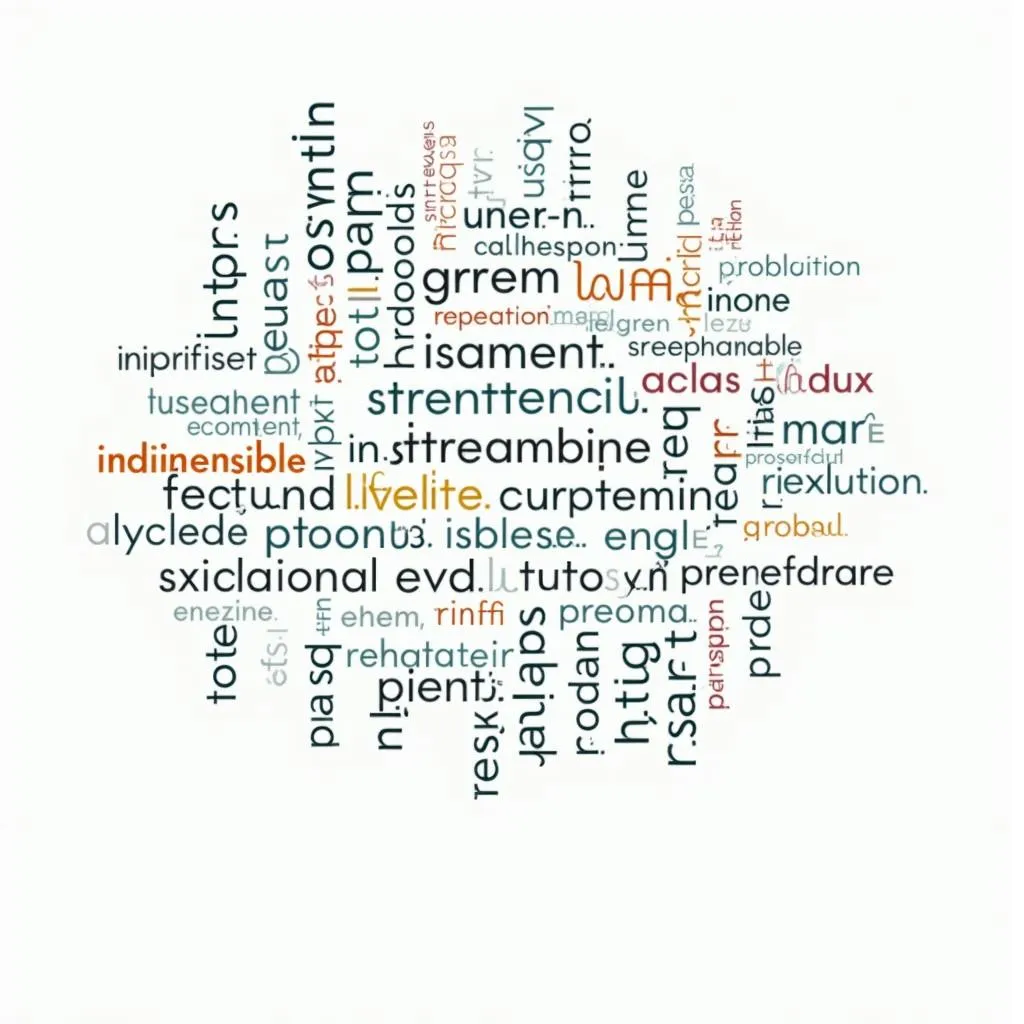The IELTS Speaking test often includes questions about technology, particularly technologies we use in our daily lives. This topic is consistently popular and likely to appear in future exams. Let’s explore how to tackle this subject effectively across all parts of the IELTS Speaking test.
Table Of Contents
Part 1: Introduction and Interview
In Part 1, the examiner may ask simple questions about your daily technology use. Here are some common questions and suggested answers:
- What kind of technology do you use every day?
- How has technology changed your daily life?
- Do you think people rely too much on technology nowadays?
Let’s look at a sample answer for the first question:
Examiner: What kind of technology do you use every day?
Candidate (Band 6-7 response): Well, I use my smartphone a lot every day. I use it for checking emails, browsing social media, and making calls. I also use my laptop for work and studying. These are probably the main technologies I use daily.
Candidate (Band 8-9 response): I’d say I’m quite reliant on various technologies in my day-to-day life. My smartphone is undoubtedly my most frequently used device, serving multiple purposes from communication and information gathering to entertainment. Additionally, I regularly use my laptop for work-related tasks and personal projects. I’ve also integrated smart home devices into my daily routine, such as a voice-activated speaker for controlling lights and setting reminders.
Describe a piece of technology you find useful in your daily life provides more insights into discussing technology effectively in IELTS Speaking.
Part 2: Long Turn
Here’s a sample cue card related to daily technology use:
Describe a technology you use daily
You should say:
- What the technology is
- How long you have been using it
- What you use it for
- And explain why this technology is important to you
 IELTS Speaking cue card about daily technology use
IELTS Speaking cue card about daily technology use
Sample answer (Band 6-7):
The technology I use daily is my smartphone. I’ve been using smartphones for about 5 years now. I use it for many things like making calls, sending messages, checking emails, and browsing social media. I also use it for taking photos and watching videos.
This technology is important to me because it helps me stay connected with friends and family. It’s also useful for work as I can check my emails and schedule meetings. The smartphone makes many daily tasks easier and faster.
Sample answer (Band 8-9):
The technology I’d like to discuss is my state-of-the-art smartwatch, which has become an indispensable part of my daily routine. I’ve been utilizing this device for approximately two years now, and it has revolutionized the way I manage various aspects of my life.
Primarily, I use my smartwatch as a comprehensive health and fitness tracker. It diligently monitors my heart rate, sleep patterns, and daily physical activity, providing me with valuable insights into my overall well-being. Additionally, it serves as an extension of my smartphone, allowing me to stay connected without being tethered to my phone. I can receive notifications, respond to messages, and even make calls directly from my wrist.
This technology holds significant importance in my life for several reasons. Firstly, it has heightened my awareness of my health and motivated me to lead a more active lifestyle. The constant stream of data it provides has enabled me to make informed decisions about my daily habits and long-term health goals. Secondly, its convenience factor cannot be overstated. In professional settings, I can discreetly check important notifications without appearing rude or distracted. Lastly, it has streamlined many daily tasks, from contactless payments to controlling smart home devices, making my life more efficient and organized.
In essence, this smartwatch has become more than just a gadget; it’s a personal assistant, health coach, and productivity tool all wrapped into one sleek device on my wrist.
Follow-up questions:
- How has this technology improved your life?
- Do you think there are any downsides to using this technology?
Sample answer for question 1 (Band 8-9):
This technology has undeniably enhanced various facets of my life. Primarily, it has made me more health-conscious. The continuous health monitoring has motivated me to make better lifestyle choices, from increasing my daily step count to improving my sleep habits. Furthermore, it has significantly boosted my productivity. The ability to manage notifications and respond to urgent matters without reaching for my phone has minimized distractions and improved my focus during work hours. Lastly, the convenience it offers in everyday tasks, like contactless payments or controlling smart home devices, has streamlined my daily routine, saving time and reducing stress.
Part 3: Two-way Discussion
Examiner: How do you think technology will change the way we work in the future?
Candidate (Band 6-7 response): I think technology will make work more flexible in the future. More people will be able to work from home using computers and the internet. We’ll probably have more online meetings instead of face-to-face meetings. Also, I think robots might do some jobs that humans do now.
Candidate (Band 8-9 response): I believe technology will fundamentally transform the workplace in the coming years. We’re likely to see a significant shift towards remote work, facilitated by advancements in communication technologies and cloud-based collaboration tools. This could lead to more flexible work arrangements and potentially a global talent pool for companies.
Artificial Intelligence and automation will undoubtedly play a crucial role. While there are concerns about job displacement, I think AI will primarily augment human capabilities rather than replace them entirely. We might see AI taking over repetitive tasks, allowing humans to focus on more creative and strategic aspects of their jobs.
Moreover, I anticipate that virtual and augmented reality technologies will revolutionize fields like training, product design, and customer service. These technologies could create more immersive and efficient work experiences.
However, with these advancements, we’ll need to address challenges such as digital inequality and the need for continuous upskilling to keep pace with technological changes.
Describe a recent purchase you made can provide additional context for discussing technology in relation to consumer behavior.
Key Vocabulary and Phrases for High Scores
-
Indispensable /ˌɪndɪˈspensəbl/ (adj): Absolutely necessary.
Example: My smartphone has become an indispensable tool in my daily life. -
Streamline /ˈstriːmlaɪn/ (v): To make a system or organization more efficient and effective.
Example: This app has streamlined my workflow, saving me hours each week. -
Revolutionary /ˌrevəˈluːʃəneri/ (adj): Involving or causing a complete or dramatic change.
Example: The introduction of smartphones was revolutionary in personal communication. -
Cutting-edge /ˌkʌtɪŋ ˈedʒ/ (adj): The most advanced stage of development; innovative or pioneering.
Example: This company is known for its cutting-edge technology in artificial intelligence. -
Integration /ˌɪntɪˈɡreɪʃn/ (n): The act of combining or adding parts to make a unified whole.
Example: The integration of AI into everyday devices has made them much smarter.
 Key vocabulary for IELTS Speaking about technology
Key vocabulary for IELTS Speaking about technology
Examiner’s Advice
To score high in the IELTS Speaking test when discussing technology:
-
Use a range of vocabulary: Incorporate topic-specific terms and advanced vocabulary naturally in your responses.
-
Provide detailed answers: Expand on your ideas with examples and personal experiences.
-
Show critical thinking: Discuss both advantages and potential drawbacks of technology.
-
Use a variety of grammatical structures: Demonstrate your language proficiency by using complex sentences and different tenses appropriately.
-
Maintain fluency: Practice speaking on this topic to improve your ability to discuss it smoothly and confidently.
Remember, the key to success in IELTS Speaking is not just about what you say, but how you say it. Regular practice and expanding your vocabulary will help you achieve a high score.
Describe a person who thinks music is important can offer insights into discussing personal interests, which can be applied to talking about technology preferences as well.


